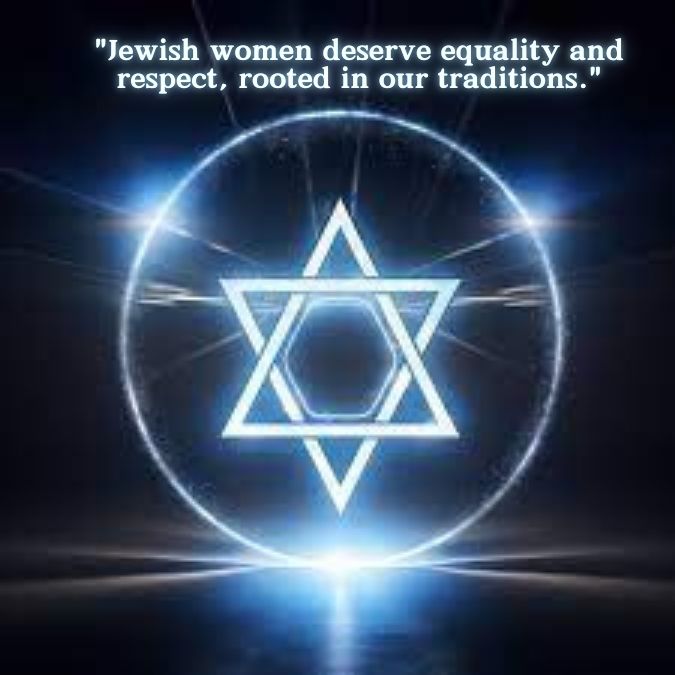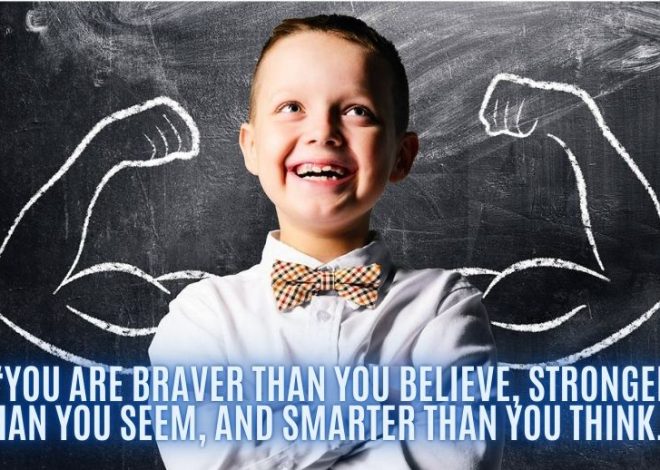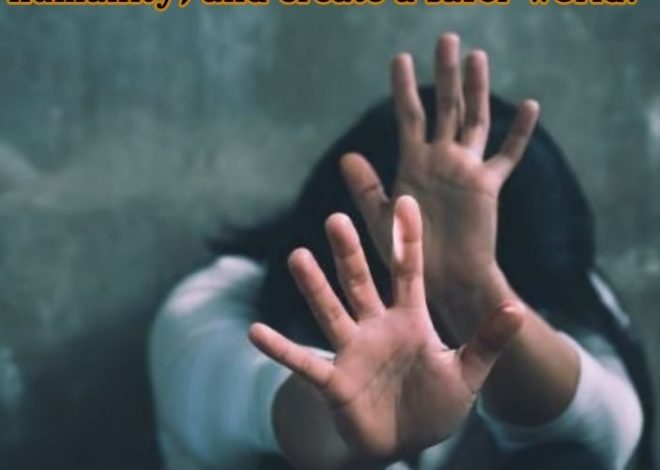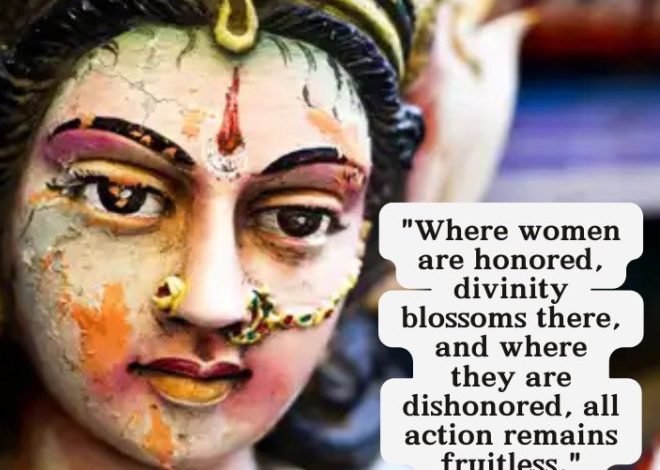
Jewish Women: Rights, Roles, and Reinterpretations
The role of women in Judaism is a multifaceted topic that intertwines religious teachings, cultural practices, and evolving interpretations throughout history. Jewish women have played significant roles within their communities, yet their rights and status have been shaped by a complex interplay of tradition and modernity. Understanding the rights of women in Judaism involves exploring historical contexts, scriptural interpretations, and the ongoing efforts to achieve gender equality within the framework of Jewish law (Halakha).
Historically, Jewish women have occupied a unique position within their communities. While traditional texts often reflect patriarchal norms, they also contain elements that acknowledge women’s contributions and rights. For instance, women have been responsible for maintaining the home and raising children, roles that are highly valued in Jewish tradition. However, this has often come at the expense of broader participation in religious and communal life, where men have traditionally held leadership positions.
Balancing Faith and Feminism: Women’s Rights in Jewish Teachings
The intersection of faith and feminism within Judaism presents a unique landscape for exploring women’s rights and roles. Traditionally, Jewish teachings have been rooted in patriarchal norms, which often limited women’s participation in religious life. However, the evolving interpretations of sacred texts and the rise of feminist movements within Judaism have sparked a crucial dialogue about gender equality, empowering women to assert their rights while remaining deeply connected to their faith. This exploration seeks to understand how women navigate their identities within Judaism, advocating for both religious adherence and social justice.
Historically, Jewish women have held essential roles in their families and communities, often tasked with maintaining the home and nurturing future generations. While these roles are celebrated in Jewish tradition, they have sometimes been relegated to the background of religious life. The Torah and subsequent texts, while containing references to strong female figures like Miriam and Deborah, also reflect a patriarchal structure that has defined women’s participation in ritual and leadership. This has often created a tension between the spiritual aspirations of women and the limitations imposed by traditional interpretations.
Despite their essential roles, Jewish women have often faced restrictions in religious practices and leadership positions. Traditional interpretations of Jewish law (Halakha) have frequently limited women’s participation in ritual life, such as reading from the Torah in synagogue services or holding positions of authority. These limitations reflect broader patriarchal norms that have permeated many aspects of society throughout history.
Women in Judaism: Heritage, Rights, and Modern Perspectives
The role of women in Judaism has evolved significantly over centuries, shaped by a rich heritage and a complex interplay of religious texts, cultural traditions, and modern social movements. From biblical times to the present, Jewish women have navigated their identities within a framework that often reflects patriarchal values while also offering pathways for empowerment and leadership. Understanding the heritage, rights, and contemporary perspectives of women in Judaism requires an examination of historical roles, the reinterpretation of sacred texts, and the ongoing efforts for gender equality within the faith.
Historically, Jewish women have held vital roles within their families and communities, often seen as the backbone of Jewish continuity. Women have traditionally been responsible for maintaining the home and passing down cultural and religious values to the next generation. Figures such as Sarah, Miriam, and Ruth illustrate the strength and influence of women in biblical narratives, demonstrating that women have always played critical roles, even if their contributions were not always recognized in formal religious structures.
Conclusion
The heritage, rights, and modern perspectives of women in Judaism present a dynamic and evolving narrative. As women continue to navigate their identities within this rich tradition, they are actively shaping the future of Jewish life. By reclaiming their voices, advocating for equality, and engaging with both heritage and contemporary issues, Jewish women are contributing to a broader understanding of their roles within the faith, ultimately fostering a more inclusive and equitable Jewish community for generations to come.















